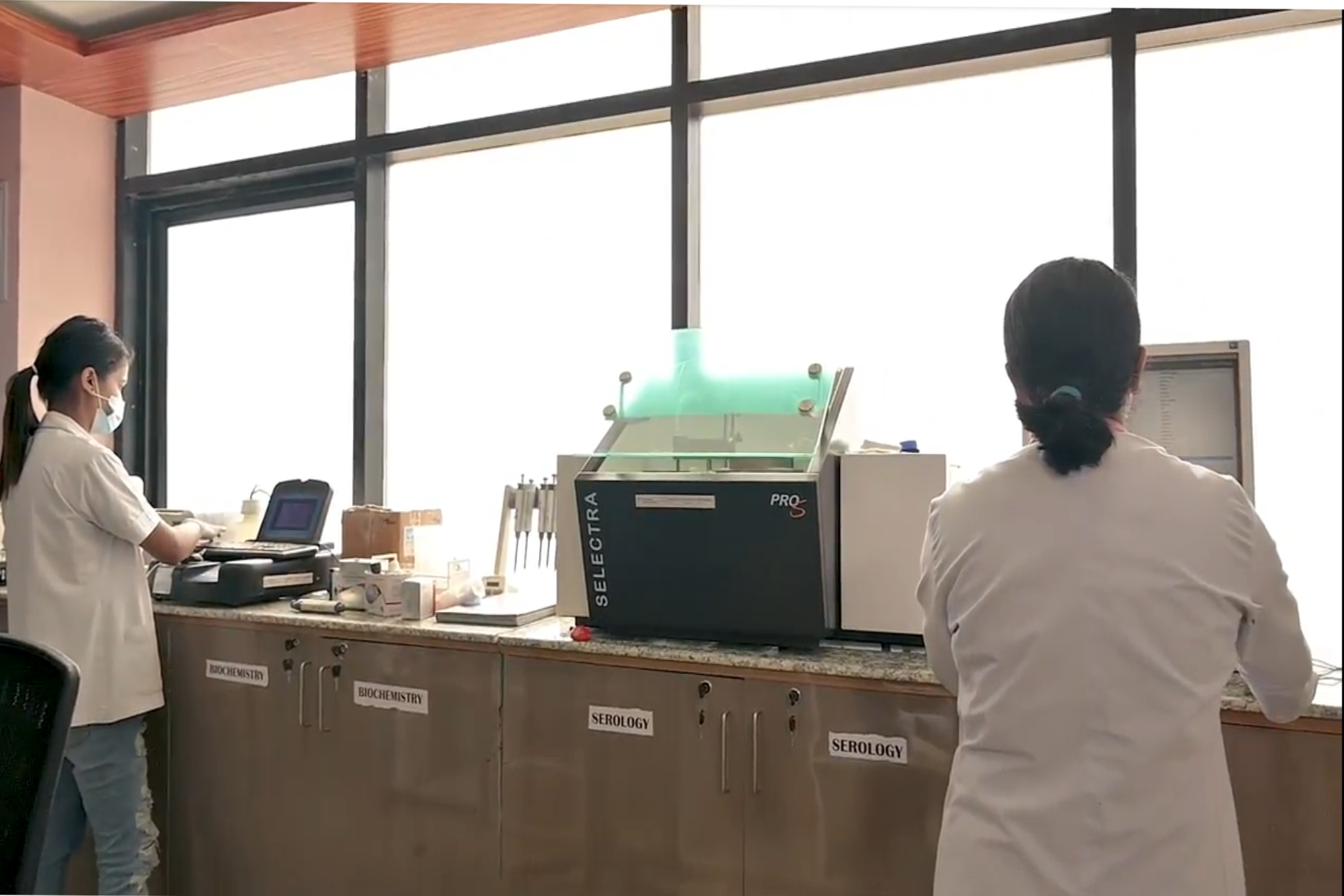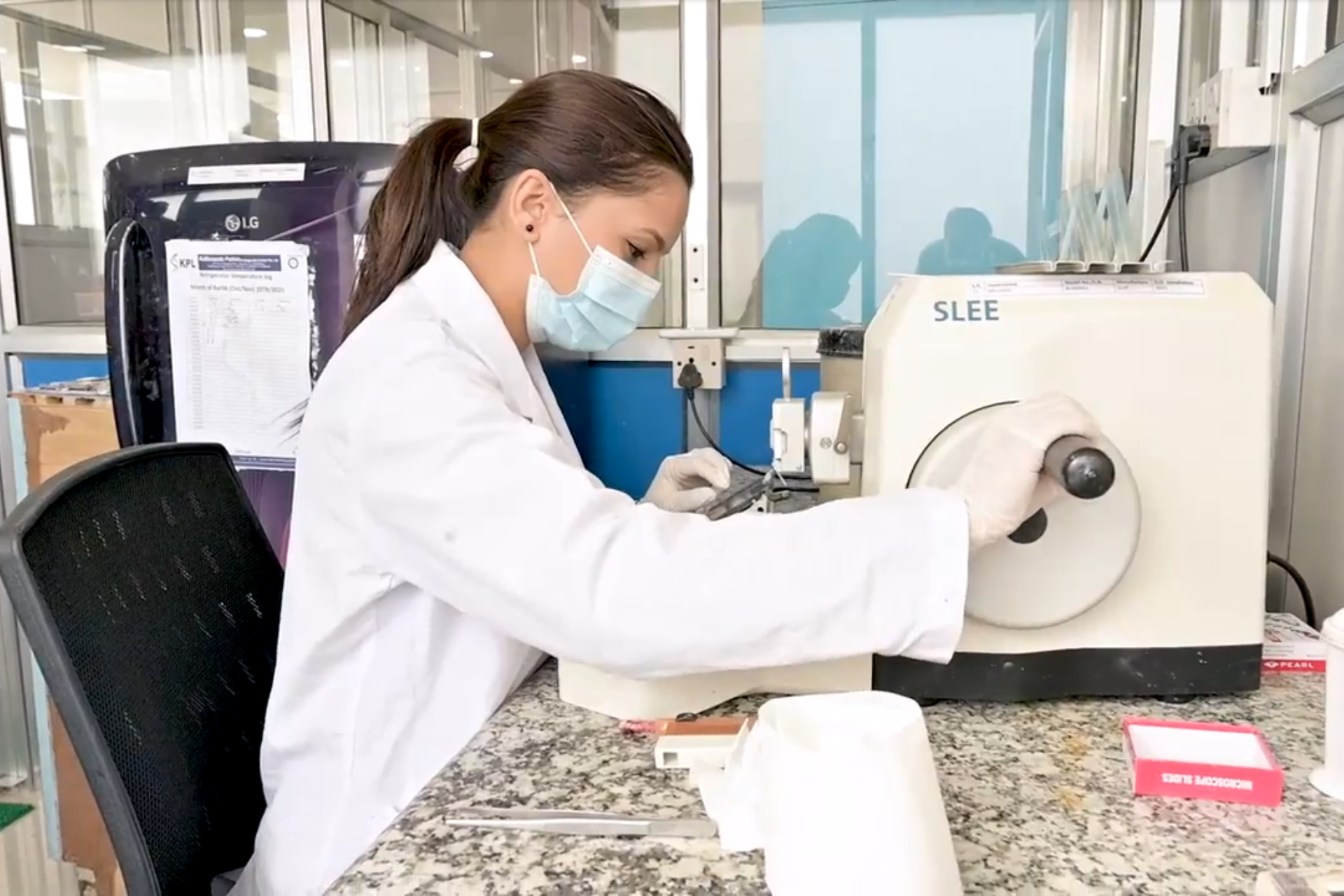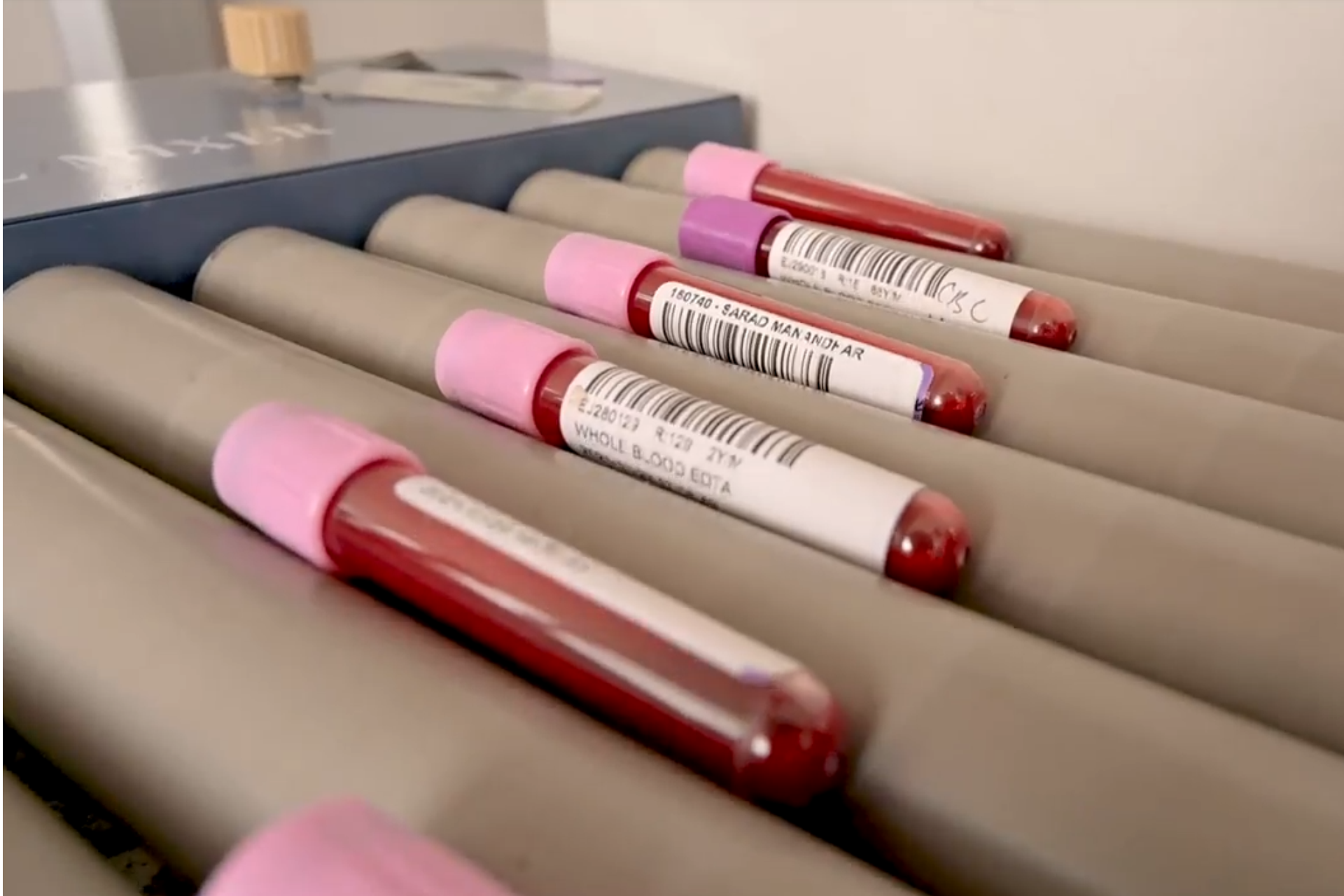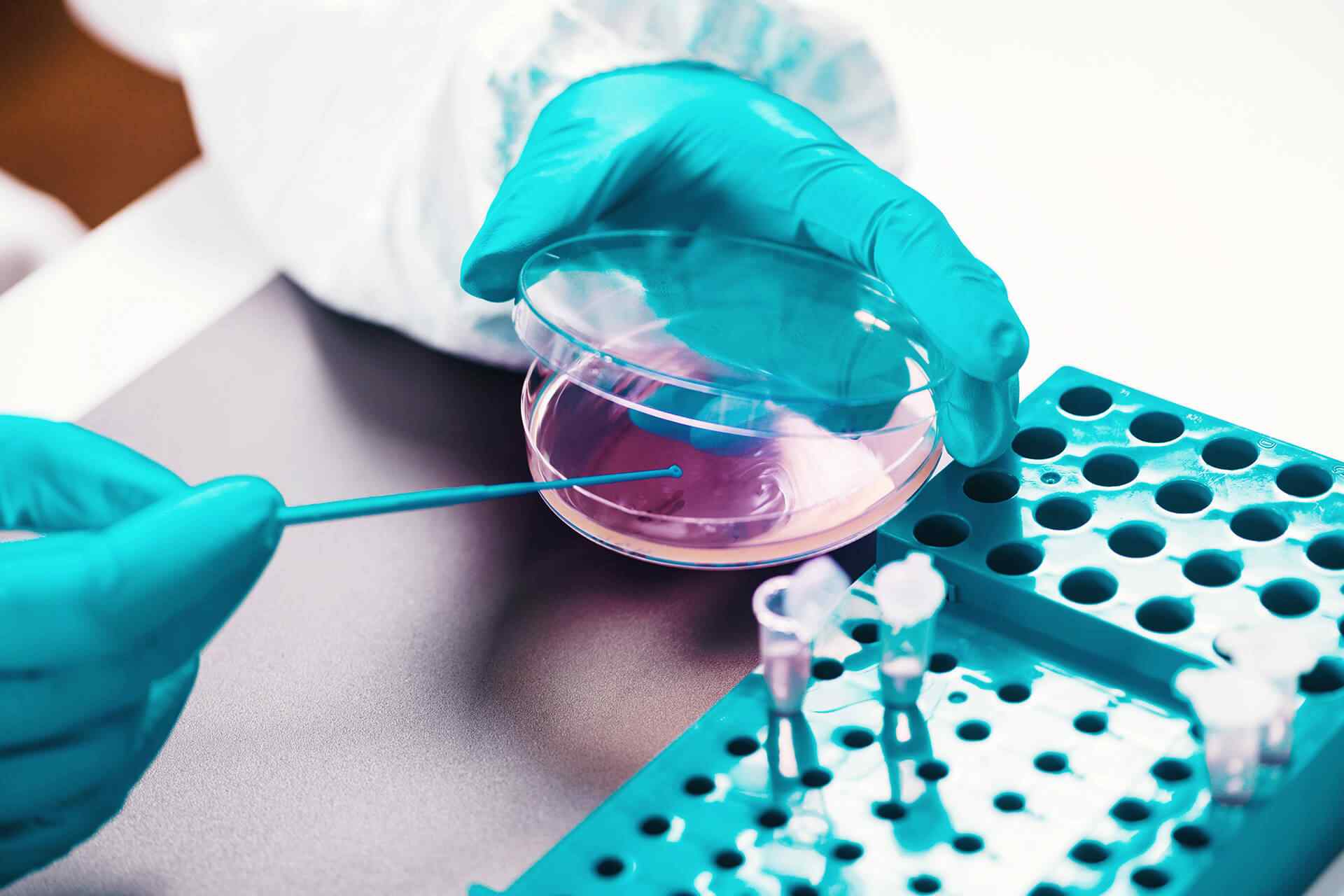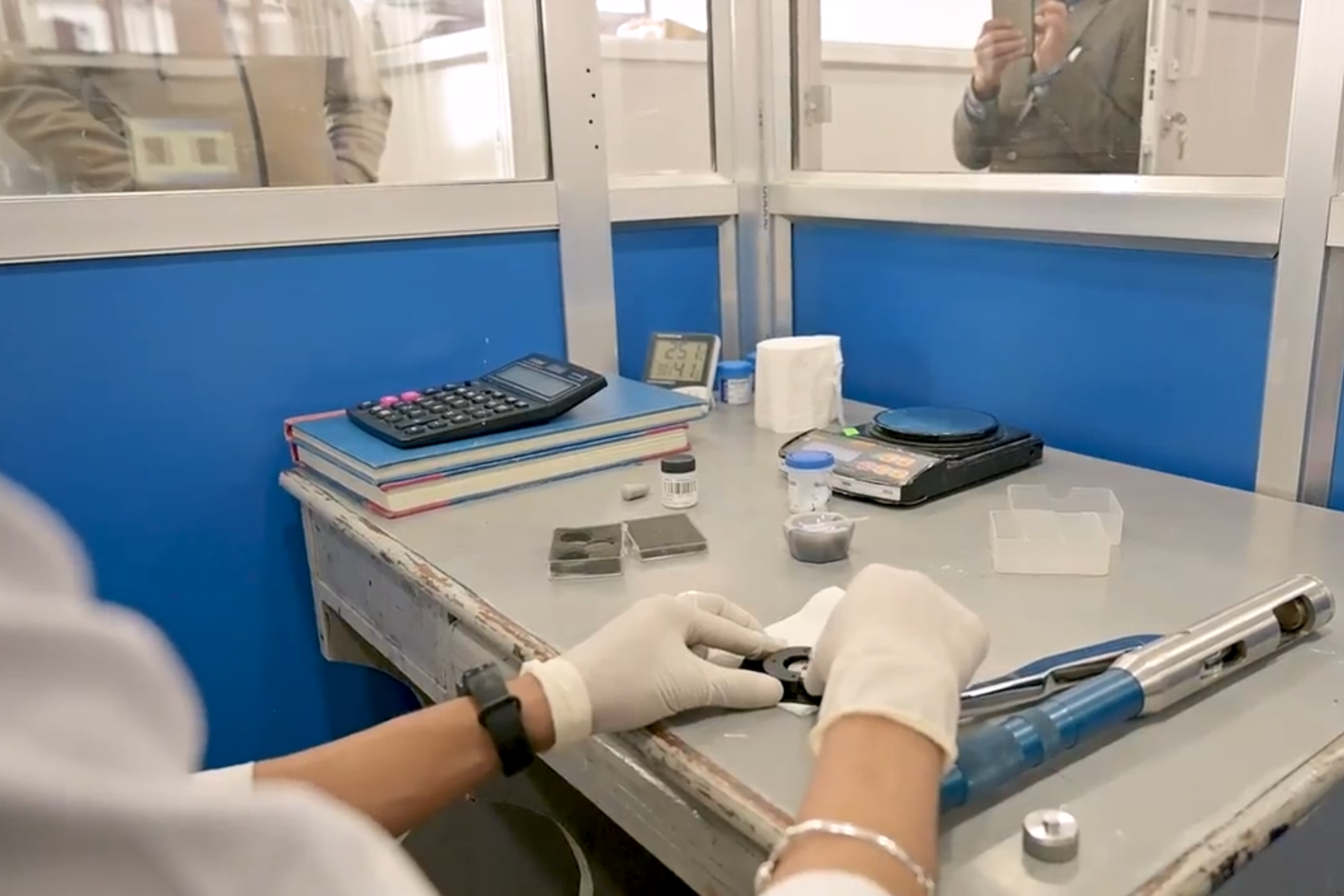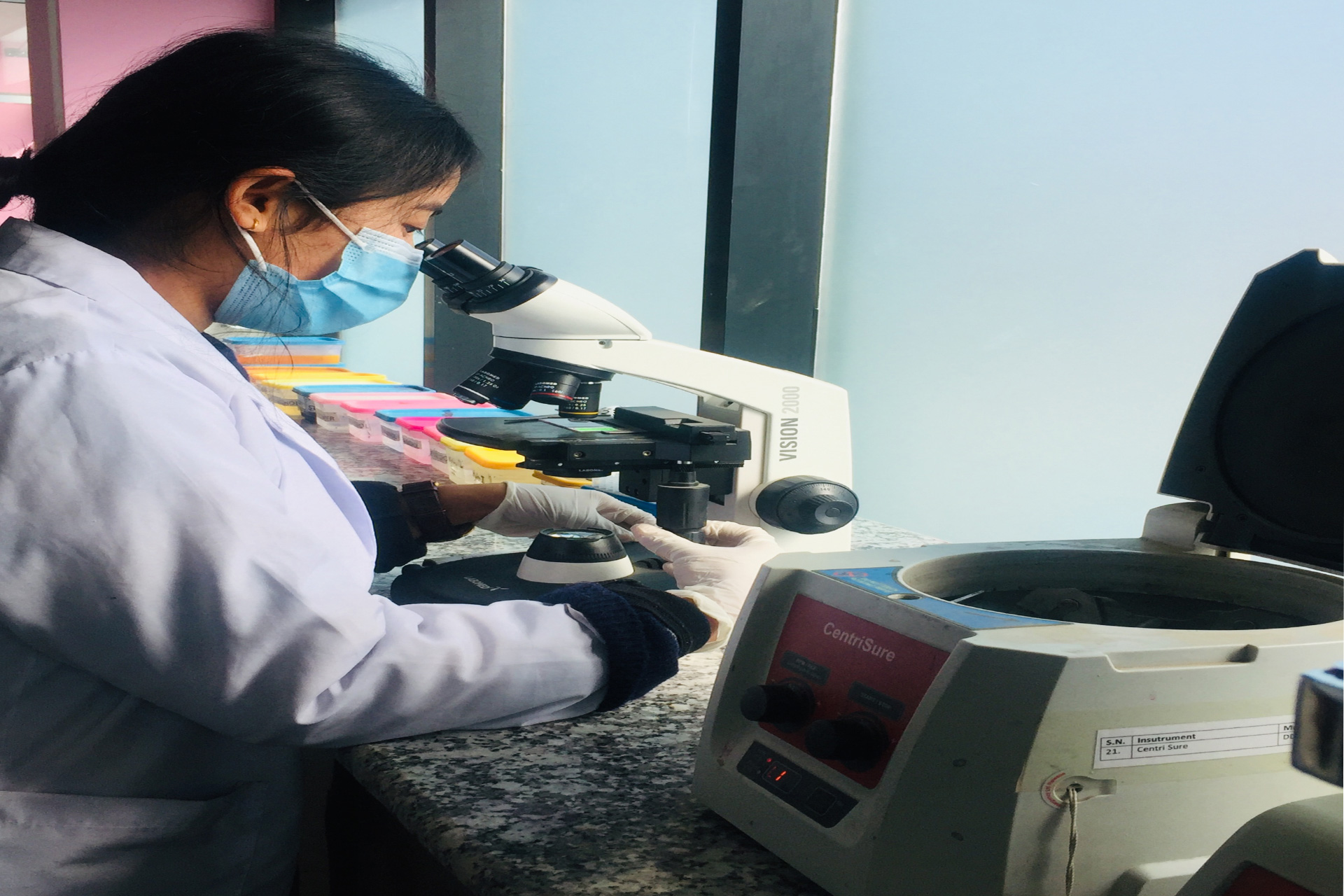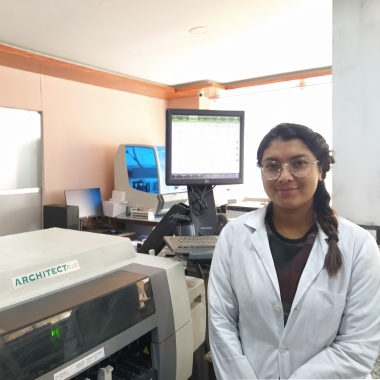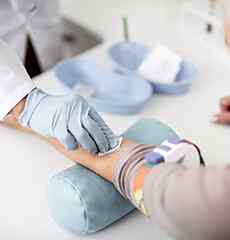Stone analysisStone analysis (Recommendations)
- As a part of the basic evaluation in all first-time stone formers.
- Recurrence under pharmacological prevention
- Early recurrence after interventional therapy with complete stone clearance
- Late recurrence after a long stone-free period.
FT-IR (Fourier Transform Infra Red” spectroscopy) “The gold standard for kidney stone analysis”An infrared spectrum shows which bonds absorb radiation (wave length) and absorption efficiency (intensity). Thecombination of wavelengths and intensities generates a unique fingerprint Molecular fingerprint” for each compound. This enables accurate quantitative and qualitative analysis of kidney stones.
Advantages of FT-IR(Fourier Transform Infra Red” spectroscopy) are determine the relative percentage content of the various components with high accuracy (mixed stones), rapid analysis and very small amount of sample material is adequate for analysis.
Advantages of FT-IR(Fourier Transform Infra Red” spectroscopy) over Wet chemical methods (old conventional method) Qualitative or quantitative detection of a variety of ions, Can identify crystal structures, Can distinguish between, for example, calcium oxalate mono- and dihydrate, or, different calcium phosphate compounds, Xanthine, 2,8-dihydroxyadenine, or drugs
can be identified.
Kidney stone analysis of high quality is an essential part of the basic evaluation to :
Identify patients at high risk of recurrent stone disease.
Is necessary to reveal –Underlying disease and to be able to offer stone-specific treatment and individualized treatment to prevent stone recurrences “Infrared spectroscopy can be used to determine – The relative percentage content of the various components with high
accuracy”





Accurate Product Testing by Expert Scientists





